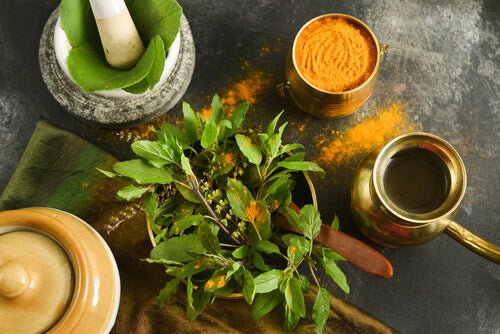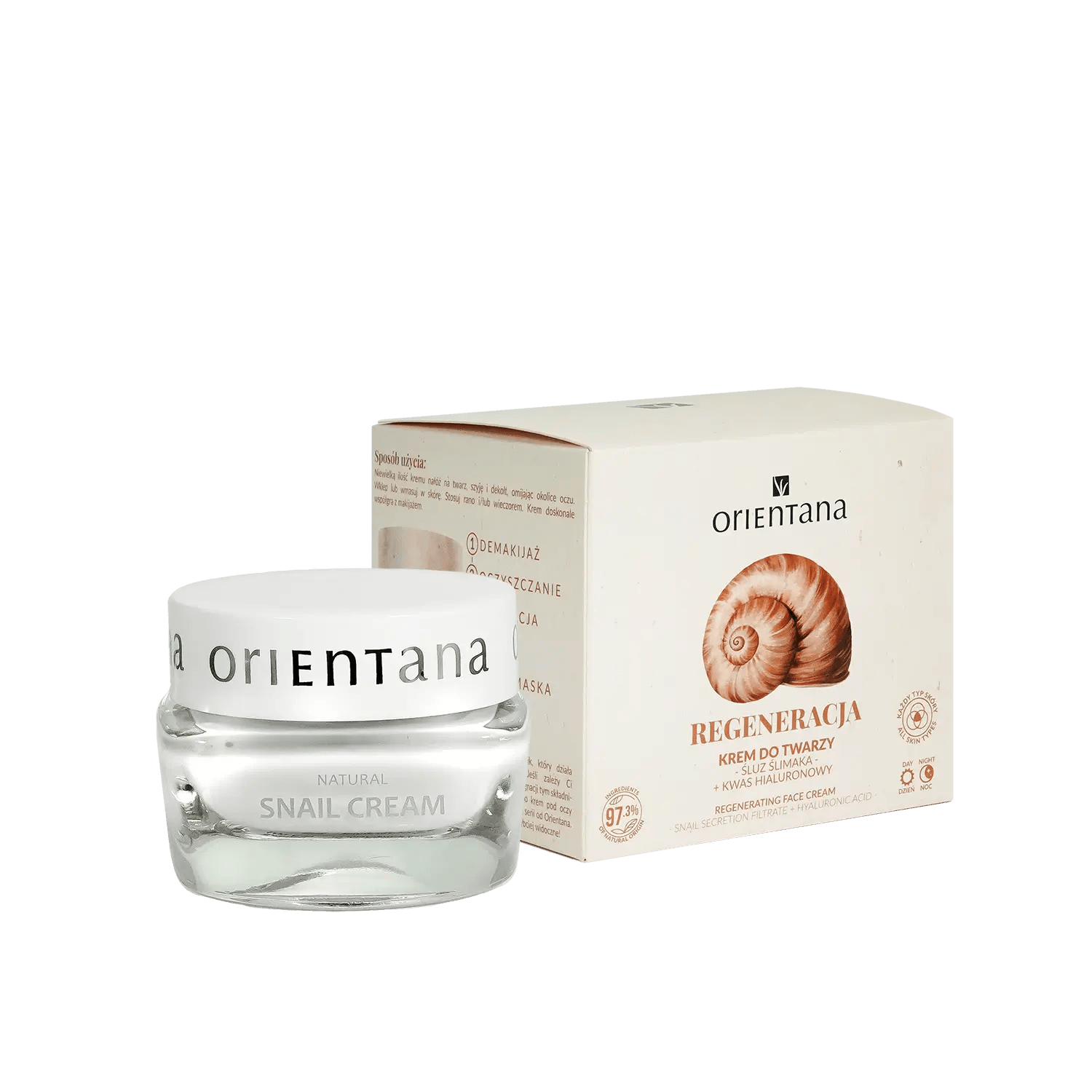Basil, also known as tulsi or holy basil, is a plant from the mint family that has been highly respected in Indian culture and religion for centuries. It is native to tropical Asia, primarily the Indian subcontinent and Malaysia. Its importance goes beyond its culinary value, as it is an important ingredient in traditional Ayurvedic medicine and an element of Hinduism.
Asian Basil - Morphology and Varieties
Asiatic basil is a perennial up to 1 meter tall, with numerous shoots that form dense bushes. The leaves are ovate and serrated, and their color can be green or darker, depending on the variety. The flowers are small and gathered in spikes at the tops of the shoots. There are two main varieties: dark, called Syama, and light. The dark variety is often associated with Krishna, and the light variety with Rama, which further emphasizes its religious significance.
Cultural and Religious Significance
In Hinduism, holy basil is one of the most important plants, revered during religious services and ceremonies. It is planted in homes and temples as it is considered a symbol of prosperity and protection. In many regions of India, it is a tradition to plant tulsi in every home to ensure the health and happiness of the family. The plant is also frequently mentioned in Hindu religious texts such as the Puranas and the Mahabharata.

Medicinal Properties
Asian basil contains many active compounds, such as eugenol, carvacrol, linalool, thymol, limonene, camphor, rosmarinic acid and bioflavonoids. Thanks to these substances, this plant is widely used in traditional medicine. It is used as an anti-anxiety and antidepressant, supports the condition of the central nervous system, helps in the treatment of bacterial and viral infections, and also has antioxidant and anti-inflammatory effects. In Ayurveda, it is used to treat various ailments, from digestive problems to skin diseases.
Aromatherapy and Essential Oils
Basil oil has a spicy, herbal aroma with notes of cloves and mint. It is used in aromatherapy to improve mood and reduce stress. This oil is also used in cosmetics for its antibacterial and antifungal properties, making it effective in skin and hair care.
Cultivation and Availability

Basil grows best in tropical and temperate climates. In regions with cooler winters, it is grown as an annual. It can be purchased as a herb, extracts, and essential oils from herbal stores and online. In India, it is widely available in markets and home gardens.
Asian basil, also known as Tulsi, is increasingly used in cosmetics due to its unique properties. Here are some of its uses in cosmetics:
Cosmetic properties of Asian basil

Asian basil, also known as tulsi, has been used in Ayurveda and traditional Eastern medicine for centuries. Its unique properties make it a valuable ingredient in skin and hair care cosmetics.
Soothing, antibacterial and anti-inflammatory effects
Asian basil has strong soothing, antibacterial and anti-inflammatory properties, making it an excellent ingredient in cosmetics designed for sensitive and acne-prone skin. Scientific studies have shown that the compounds it contains, such as eugenol and ursolic acid, have antiseptic properties, reduce redness and help treat skin inflammation. Regular use of products with tulsi extract can help reduce pimples and limit the growth of bacteria responsible for acne.
Benefits for hair
Tulsi is valued for its hair health-promoting properties. Its extracts help fight dandruff and regulate sebum secretion, which is especially important for people struggling with seborrhea. The nutrients contained in Asian basil strengthen hair follicles, which can help reduce hair loss. In addition, regular use of cosmetics with the addition of tulsi makes hair softer, smoother and shinier.
Skin protection and regeneration
Asian basil can be used in the form of masks, tonics or therapeutic baths, which help cleanse the skin and soothe irritations. Its action is especially beneficial for people suffering from eczema, atopic dermatitis and acne. Thanks to the presence of antioxidants, tulsi protects the skin from the effects of free radicals, which slows down the aging process and improves its overall condition. Asian basil extract also supports the healing of minor wounds and skin damage.
Use in cosmetics
Tulsi Leaf Powder
Dried and powdered leaves of Asian basil are used in home cosmetics. They are an ingredient in cleansing masks, exfoliating scrubs and hair strengthening shampoos. The powder can be used alone or combined with other natural ingredients, such as clays, honey or vegetable oils.
Essential oils
Tulsi essential oil is a popular ingredient in skin and hair care products. Used in aromatherapy, it has a relaxing effect, relieves stress and improves mood. Its antibacterial properties make it an effective addition to toners and creams designed for oily and acne-prone skin. Tulsi oil can also be added to baths or used in massages to improve skin elasticity and hydration.
Ready-made cosmetics containing extracts of Asian basil
There are many cosmetic products available on the market that contain extracts of Asian basil, such as shampoos, soaps, shaving balms, lotions and hair oils. Thanks to its versatile properties, tulsi is a component of many natural preparations intended for skin and hair care.
Asian basil is an extremely valuable ingredient in natural cosmetics, which, thanks to its soothing, anti-inflammatory and antioxidant properties, supports the health of the skin and hair. Its regular use can bring visible effects in improving the condition of the skin and strengthening the hair.
Holy basil is a valuable herbal and religious raw material, with wide application in traditional medicine and aromatherapy. Its cultural and medicinal significance makes it valued both in India and around the world. Due to its unique properties, Holy basil remains an important part of tradition and everyday life in many regions of Asia.






